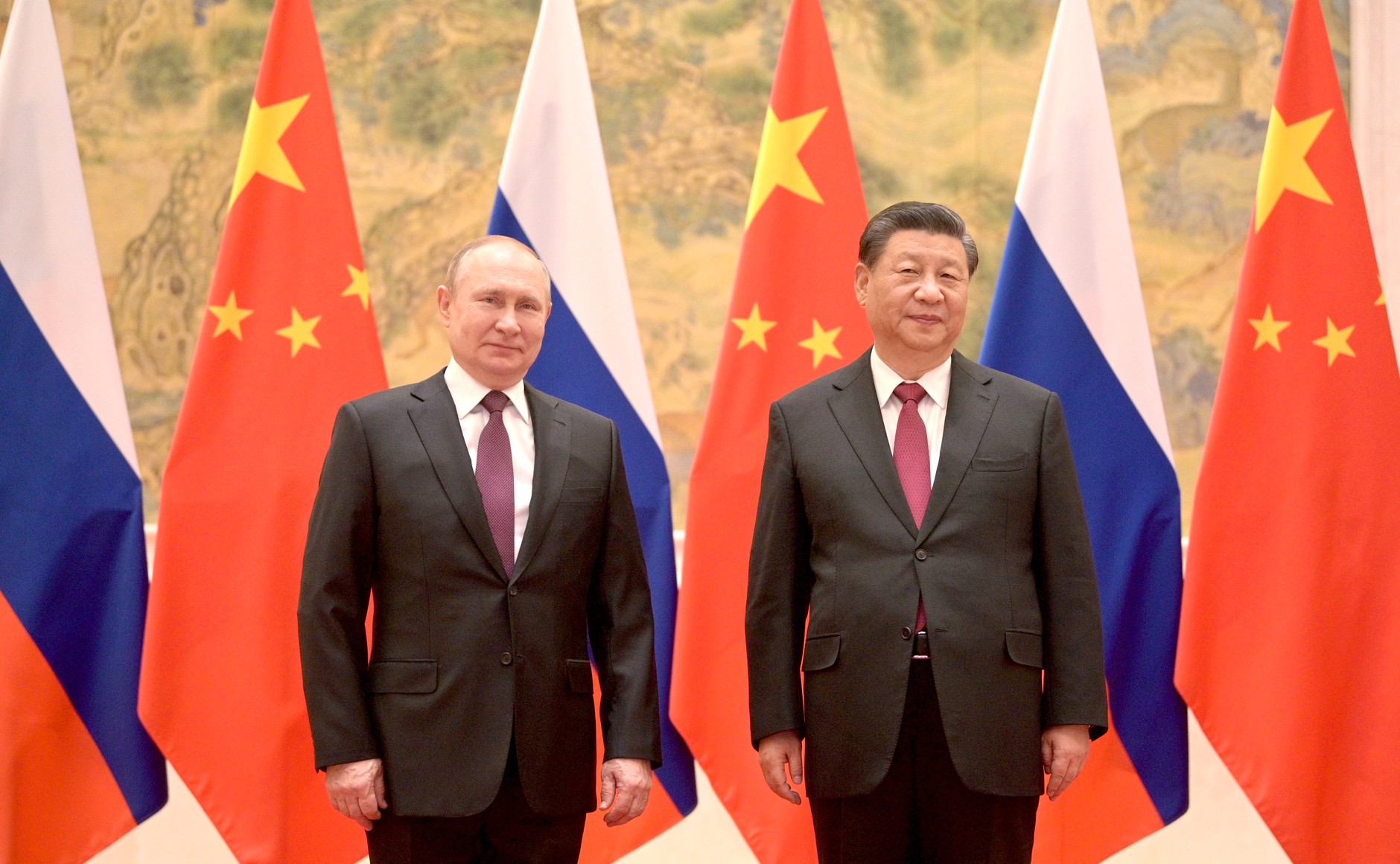cross-posted from: https://feddit.org/post/3877004
Russia has had to cope with an almost systematic increase in sanctions in scope and scale in order to conduct its invasion of Ukraine. These sanctions aim to hobble Russia’s capacity to procure and produce the necessary products to resupply its military. However, while sanctions have significantly affected Russia’s economy and war effort, Russia has shown adaptability in circumventing these restrictions through various initiatives and engaging with strategic partners, most importantly, the People’s Republic of China and its business entities.
[…]
A study by the KSE Institute utilizing Harmonized System (HS) codes […] analyses forty-five common high-priority items (i.e., battlefield goods) and 485 HS codes for critical components […] Between January and October 2023, Russian imports of battlefield goods totalled $8.77 billion, while critical components amounted to $22.23 billion. Within the 2023 KSE Institute compiled dataset, China has exercised a pivotal role in Russia’s efforts to import battlefield goods and critical components for its military and defence industry. This is observed from the immediate aftermath of Western sanctions being imposed to August-December 2022 when imports of battlefield goods and critical components increased by 84% and 42% respectively.
[…]
China was instrumental in all stages of the Russian defence industry’s external supply chain between January and October 2023. For instance, where businesses are headquartered, China accounts for 41% of battlefield goods and 41.2% of critical components. Interestingly, the total non-coalition sanctions accounted for 48%, and of these, China represented 46.7%, making China the most dominant power outside the coalition-sanction countries and the most dominant single entity.
China’s role increases substantially during manufacturing, representing 63.1% of battlefield goods and 58.7% of critical components produced for Russia.
[…]
Data shows that Chinese and Hong Kongese companies’ data combined led the sales of the goods and components in question to Russia, accounting for 68.9% of battlefield goods and 57% of critical components. Finally, China also plays a pivotal role in goods and components shipped directly to Russia, with China representing 53.2% of battlefield goods and 53.8% of critical components, respectively. Again, China is followed by Hong Kong at 22.7% and 12.9, with a combined 75.9% and 66.7%.
[…]
Specific Chinese exports of dual-use components and materials related to Russia’s defence industry and equipment that is being utilized by Russia’s military, including construction equipment, comprises:
- Computer Numerical Control (CNC) machines
- Semiconductors
- Microelectronics and Electronic Components
- Ball Bearings
- Nitrocellulose
- Drones and Electronic Warfare systems
- Body armour and Helmets
[…]
China’s continued support for Russia amid its invasion of Ukraine poses significant risks and challenges that far outweigh any short-term benefits. By aiding Russia, China jeopardizes its international reputation as a responsible global power, becoming a complicit actor in the conflict, violating international law and the core principles of sovereignty.
Moreover, Chinese entities supporting Russia and the Chinese government’s lackadaisical response to Western complaints will eventually lead to secondary sanctions, deepening economic strains and retaliation from Western nations.
[…]



It’s “NATO Association of Canada” and it’s right there buddy.